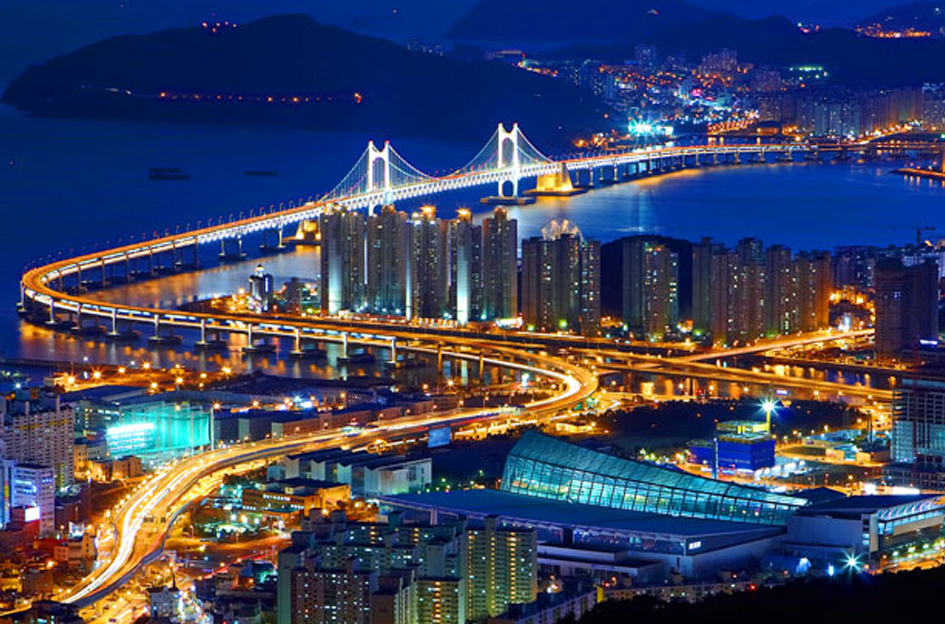The 21st century is often talked about as being the ‘Asian Century’. This is a term that is constantly thrown around by politicians, the media and policymakers to describe the importance of the booming Asian economies – in particular China – to Australia’s future. Despite this, in Australia knowledge of what it is like living in one of these hubs is non-existent. Although Asia is far closer to our shores than Europe, Australians by and large know very little about countries that are not only vital to Australia’s future but the future of the world.
It was because of this that when the opportunity arose for me to go to Seoul on a study abroad trip to Sungkyukwan University, I was quite eager to have the chance experience Asia as a student and not a tourist. Being a student was great, because I actually got to meet and make friends with many Koreans my age and learn about what life was like living as a student in one of the ‘East Asian Tigers’ –so-named for their dynamic and fast-growing economies.
For students, life in Seoul is a combination of eating fried chicken, drinking Soju (the Republic of Korea’s national alcohol), and studying. University represents a ‘wilderness’ of sorts – a space carved out between the never-ending nightmare of high school and work in Korea’s highly competitive business community. In this space, young South Koreans have the time to individually express themselves and learn about who they are. Sungkyukwan is located in the district of Hyehwa, a vibrant hub of everything it means to be a student in Seoul. Neon signs adorn the buildings in Hyehwa, while K-pop echoes out of the many shops onto the streets, giving the place a feel of constant activity.
Korean students are abundant in Hyehwa, enjoying the many foods Korea has to offer, drinking until the small hours of the morning, and hiding from the cold while at the same time enjoying drunken karaoke in one of Seoul’s many ‘No-Rae-Bangs’. However, weighing on the minds of many young Korean students is the inevitable end of this phase of life, and their entrance into the workforce. The hyper competitive nature of South Korean society in which 90% of Koreans attain a tertiary qualification means that younger South Koreans must prepare themselves for a working life in which 12-13 hour days are the norm. They must set their sights high, hoping to gain the maximum reward from their years of hard work at high school, and university, by landing a job at one of the ‘Chaebol’.
It is important to note here that South Korea is less of a democracy than it is a plutocracy – a state controlled by a wealthy few. In this case the wealthy few are the ‘Chaebol’, meaning wealthy clan or faction. A couple of the Chaebol are even household names outside of Korea – Samsung and Hyundai are renowned worldwide for their products. Having gained momentum in the post-Korean War political economy, the Chaebol began as government subsidized and often family-owned businesses, integral to Park Chung Hee and his military regime’s economic modernization of South Korea. What is concerning is that today the Chaebol have an unprecedented amount of influence in South Korean society and government.
To put this into perspective, the course I undertook while in Seoul was at SKKU University – an institution which receives funding from Samsung. One of the courses I took was lectured by a high-ranking corporate officer and member of Samsung’s upper management. On the first day he introduced us to Samsung, explaining some of its noteworthy achievements.
The fact that Samsung accounted for almost 17% of the total economic activity in South Korea was one of the standouts, along with some anecdotes relating to Samsung’s involvement with Vietnam. Our professor explained that in Vietnam, Samsung accounts for so much economic activity that when in South Korea the president of Vietnam meets with the president of Samsung before meeting anyone in the South Korean government. Alongside this in 2008 allegations surfaced that key members of the South Korean government had in the past accepted bribes from Samsung in return for future promised high-ranking governmental positions. Three cabinet ministers resigned, and the president himself was implicated.
As such, young Koreans at university are torn between two desires – on the one hand, they wish to enjoy their time as students, discover a bit about themselves, hoping to change the political workings of the country they grew up in. At the same time however, the overwhelming competitiveness of South Korean society means that the allure of working for a Chaebol is hard to resist. In a society in which power over the political process is given to those with wealth, Korean students will remain constantly pressured to navigate the wilds of their youth carefully, in order to ensure that when they graduate university they are ensured a place in a Chaebol, so that they may still discover and express themselves in a system which affords true voices to the rich few.
Words by Joseph Creese

